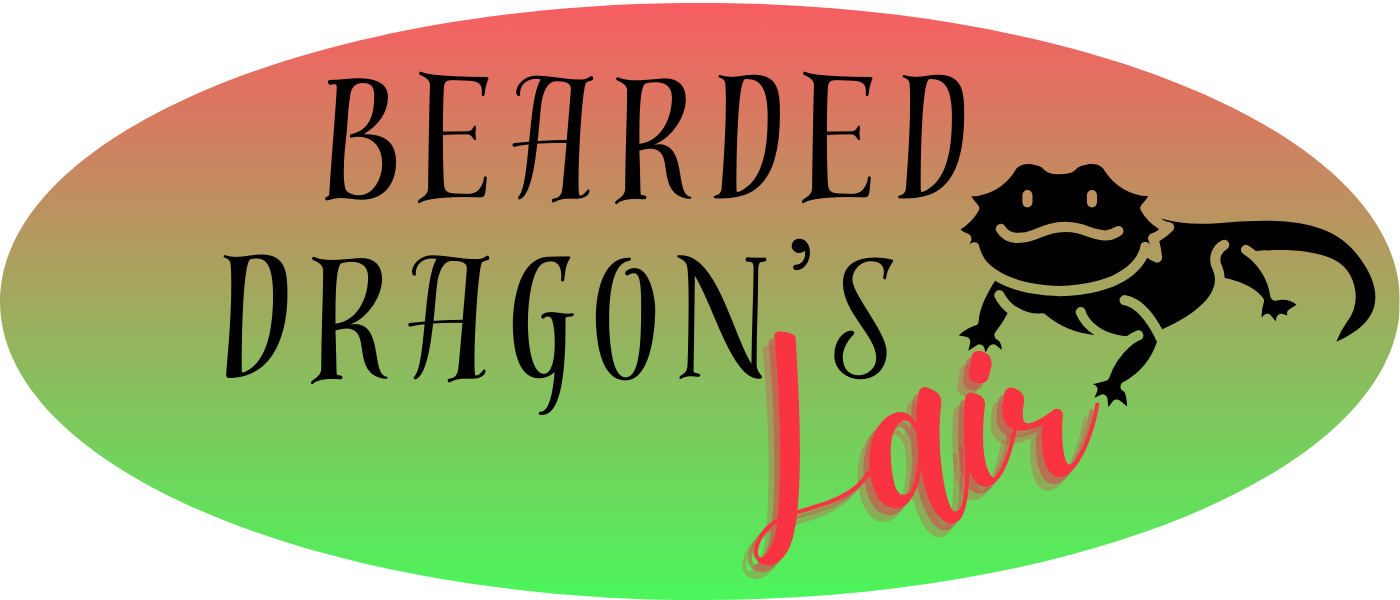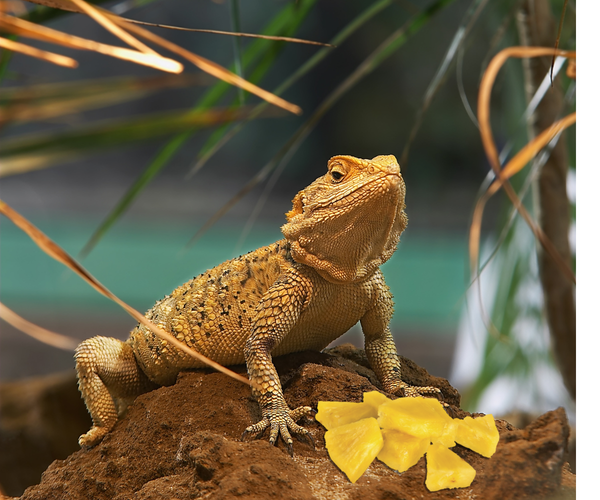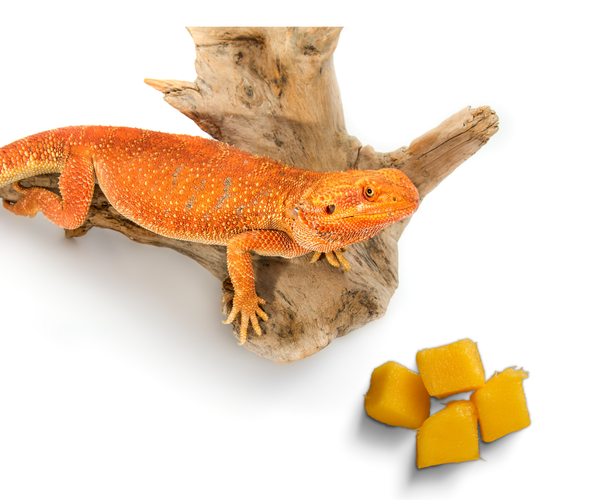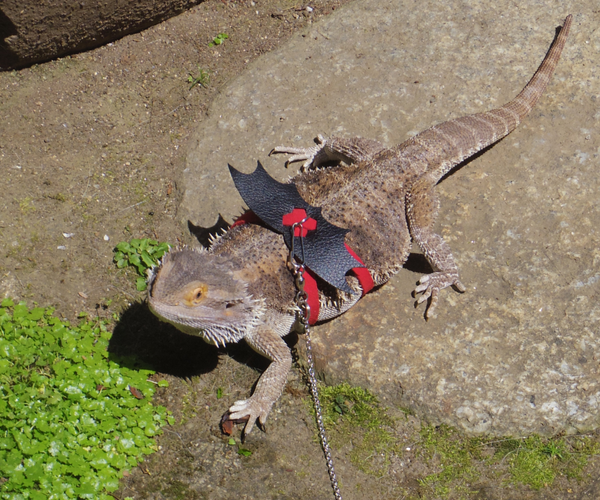What Vegetables Can Bearded Dragons Eat?
A varied diet is key to providing all the necessary nutrients for your bearded dragon. Rotating through different vegetables ensures that your pet is not overexposed to any potential antinutrients and prevents dietary boredom.
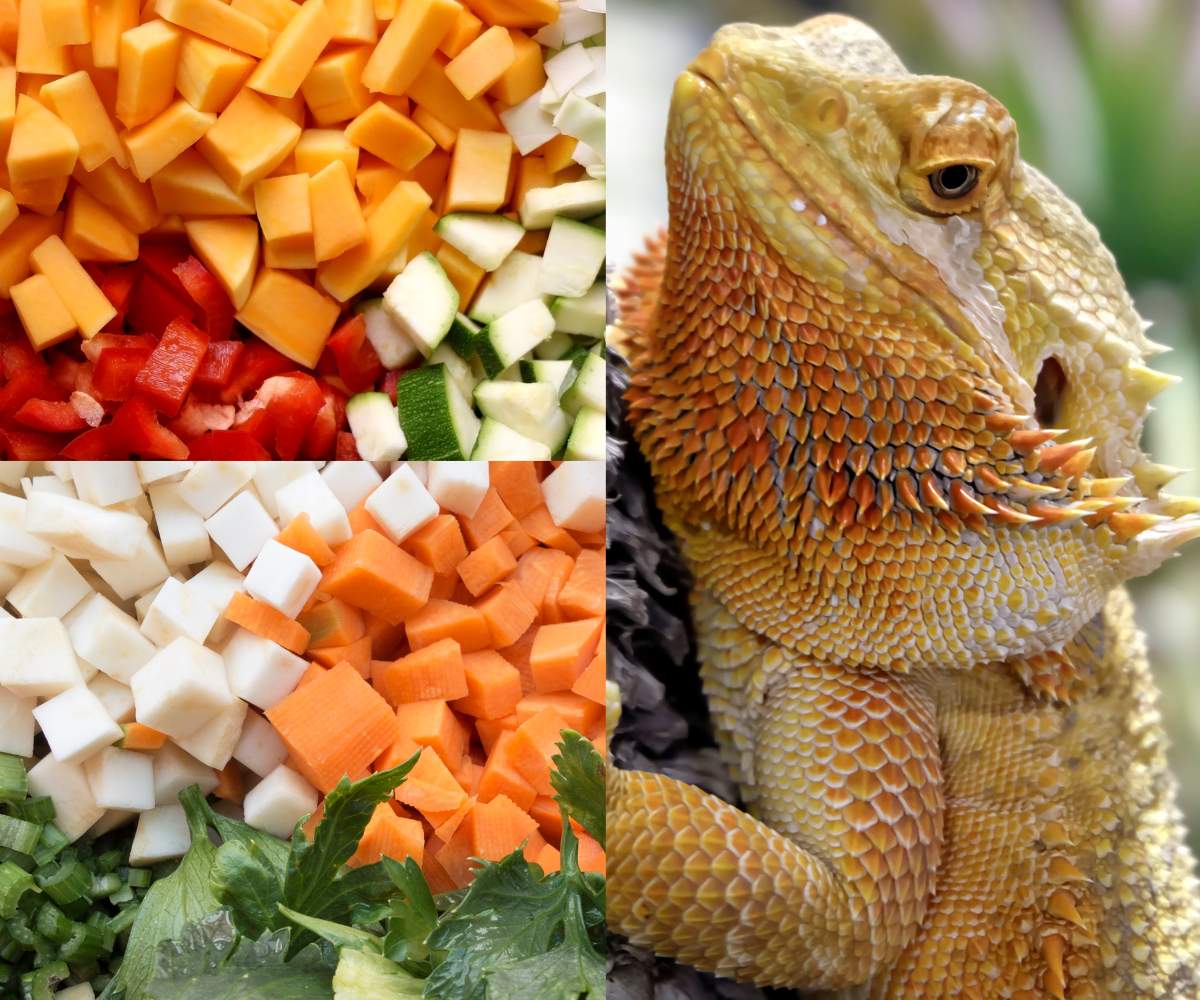
Bearded dragons are popular pets known for their docile nature and unique appearance. As omnivores, they require a balanced diet of both animal and plant-based foods. Vegetables are a crucial part of their diet, providing essential nutrients for their health and well-being. In this comprehensive guide, we'll explore the variety of vegetables that are safe and beneficial for bearded dragons to eat.
Key Takeaways:
- Bearded dragons need a diet rich in vegetables for optimal health.
- Not all vegetables are safe for bearded dragons; some can be toxic.
- Variety is key to providing a balanced diet for your bearded dragon.
Understanding Bearded Dragon Nutrition
Bearded dragons, native to the arid regions of Australia, have adapted to a diet that is diverse and nutrient-rich. In captivity, it's essential to mimic this natural diet to ensure they receive the right balance of vitamins, minerals, and fiber. Vegetables should make up a significant portion of an adult bearded dragon's diet, roughly 20-25%. This helps in maintaining their digestive health and preventing obesity, which is a common issue in captive dragons.
Safe Leafy Greens for Your Bearded Dragon
Leafy greens are a staple in the bearded dragon diet. They are packed with vitamins and minerals while being low in calories. Some of the best options include collard greens, mustard greens, and turnip greens. These greens are high in calcium, which is vital for bone health. It's important to chop the greens into bite-sized pieces to prevent choking and to offer them fresh to retain their nutritional value.
Other Vegetable Options
Apart from leafy greens, bearded dragons can enjoy a variety of other vegetables. Bell peppers, squash, and sweet potatoes are excellent choices that provide additional vitamins and a change in texture for your pet's enjoyment. These should be served cooked and diced into small, manageable pieces for easy consumption. Remember to introduce new vegetables gradually to avoid digestive upset.
Vegetables to Serve in Moderation
While many vegetables are beneficial for bearded dragons, some should only be offered in moderation. Vegetables like spinach and beet greens contain oxalates, which can bind to calcium and prevent its absorption. Feeding these in small amounts occasionally is fine, but they should not be a regular part of the diet. Similarly, broccoli and cabbage can cause gas and should be limited.
The Importance of Variety
A varied diet is key to providing all the necessary nutrients for your bearded dragon. Rotating through different vegetables ensures that your pet is not overexposed to any potential antinutrients and prevents dietary boredom. Always aim to offer a mix of colors and textures to keep mealtime interesting and nutritionally complete.
Foods to Avoid
Certain vegetables and plants are toxic to bearded dragons and should be avoided entirely. These include avocado, rhubarb, and onion. Additionally, some vegetables like lettuce are nutritionally poor and can cause diarrhea if fed in excess. Always research or consult with a veterinarian before introducing a new food item to your bearded dragon's diet.
Preparing Vegetables for Your Bearded Dragon
Preparation is key when feeding vegetables to your bearded dragon. All vegetables should be thoroughly washed to remove pesticides and chopped to an appropriate size. Cooking can also help soften harder vegetables, making them easier for your bearded dragon to digest. Never feed vegetables that have been seasoned or cooked with oils, as these can be harmful to your pet.
Organic vs. Non-Organic Vegetables
When choosing vegetables for your bearded dragon, consider opting for organic produce to minimize exposure to pesticides. If organic options are not available or feasible, ensure that non-organic vegetables are washed thoroughly. Peeling the skin can also help reduce the intake of any potential pesticide residue.
Monitoring Your Bearded Dragon's Health
Observing your bearded dragon's response to different vegetables can help you tailor their diet for optimal health. Signs of good health include regular bowel movements, a steady weight, and an active demeanor. If you notice any changes in these areas after introducing new vegetables, it may be necessary to adjust their diet accordingly.
The Role of Supplements
While vegetables provide many essential nutrients, they may not cover all the dietary needs of your bearded dragon. Calcium and vitamin D3 supplements are often necessary to prevent metabolic bone disease. Always follow the guidance of a reptile-savvy veterinarian when it comes to supplementation to avoid over or under-supplementing.
Summary
Feeding your bearded dragon a variety of vegetables is crucial for their health. Safe options include leafy greens like collard, mustard, and turnip greens, as well as other vegetables such as bell peppers, squash, and sweet potatoes. Remember to serve vegetables in moderation, prepare them properly, and avoid toxic foods. Monitoring your pet's health and consulting with a veterinarian for supplement advice will ensure your bearded dragon thrives on their vegetable-rich diet.
FAQ Section
Q: How often should I feed vegetables to my bearded dragon? A: Adult bearded dragons should have vegetables available daily, making up about 20-25% of their diet. Juveniles require more protein, so vegetables should be offered less frequently, about every other day.
Q: Can bearded dragons eat fruits? A: Yes, bearded dragons can eat fruits, but they should be given as treats in moderation due to their high sugar content. Suitable fruits include berries, apples, and melons, all served in small, bite-sized pieces.
Q: Do I need to peel the vegetables before feeding them to my bearded dragon? A: Peeling is not always necessary, especially if you're using organic produce. However, peeling non-organic vegetables can help reduce the intake of pesticides. Regardless of whether you peel them or not, always wash the vegetables thoroughly.
